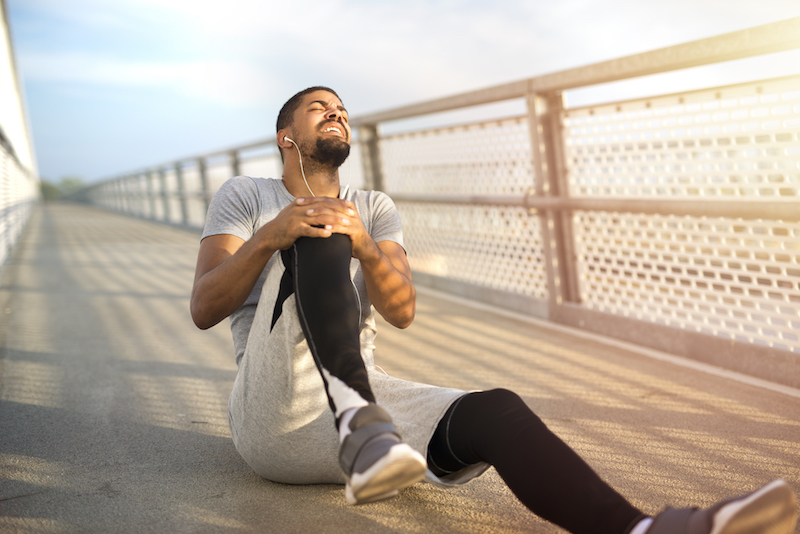Physical Therapy Is The Fastest Way To Recover From Running-Related Injuries
One of the best possible ways to stay active is by running, which requires little more than a good pair of running shoes, some outdoor routes to follow—or a treadmill—and the motivation to get moving. For these and many of its other attractive qualities, running has become one of the most popular forms of exercise in the U.S. But unfortunately, common running injuries tend to prevent would-be runners from getting started and may also hold back experienced runners from returning.
More than 40 million Americans consider themselves regular runners. This massive popularity is due in part to the numerous benefits that running can provide, including lower blood pressure and a reduced risk for heart disease, better sleeping habits and brain performance, and improved mood through less stress and anxiety. But along with its many benefits, running also comes with a moderate risk for injury. The constant impact of forces on the legs, bodily imbalances like muscle weakness, progressing too aggressively are all factors that can contribute to an injury. Below are a few of the most common running-related injuries:
Runner’s knee (patellofemoral pain syndrome)
- Most common running injury (16–25% of all running injuries)
- Involves the patella (kneecap) rubbing against the groove of the upper leg bone (femur)
- Common symptoms involve a dull pain felt behind or around the patella that is often aggravated from running, squatting, climbing stairs, or sitting
Jumper’s knee (patellar tendinopathy)
- Caused by repetitive strain to the patellar tendon, which attaches the bottom of the patella to the top of the shinbone (tibia)
- Accounts for about 5% of all running injuries
- Leads to pain and stiffness below the front of the patella and/or in the quadriceps, and an aching sensation usually brought on after exercise
IT band syndrome
- IT band syndrome is an overuse injury in which a tendon called the iliotibial band becomes irritated from rubbing against the patella
- The main symptom is a burning pain on the outside of the knee or hip that usually arises after running a few miles
Plantar fasciitis
- Stubborn overuse injury and the most common cause of heel pain
- Involves the inflammation of the plantar fascia, a connective band of tissue that connects the heel to the toes
- Very common in runners—especially long-distance runners—due to the repetitive strain, as well as those with flat feet or high arches
- Typically leads to a stabbing pain near the heel that’s most noticeable upon waking up and after standing for long periods
Achilles tendinitis
- Overuse injury that usually stems from too much speed training or uphill running, or after suddenly increasing the intensity or duration of runs
- Constant strain can cause small micro-tears in the Achilles tendon and lead to inflammation
- Patients typically notice heel pain that comes on gradually as a mild ache in the back of the leg or above the heel after a run
How physical therapy can help runners return to their routine
Some may see this as a reason to not get involved in running in the first place, while others who have injured themselves from running fear another injury and stop altogether. The truth is that most running injuries can be effectively treated non-surgically through a comprehensive course of physical therapy. Physical therapists work with each patient on an individualized basis to determine what interventions will be most effective, and typically employ a combination of stretching and strengthening exercises, pain-relieving modalities, functional training that involves running motions, and manual (hands-on) therapy techniques.
The effectiveness of physical therapy is supported by a plethora of research, including a 2018 study called a systematic review, which evaluated 7 high-powered studies called randomized-controlled trials. Results showed that manual therapy led clear improvements in physical function and pain reduction in patients with plantar fasciitis.
If you’re a runner dealing with ongoing or a new episode of pain, Bacci & Glinn Physical Therapy would like to offer our services to help you return to running quickly and safely.

